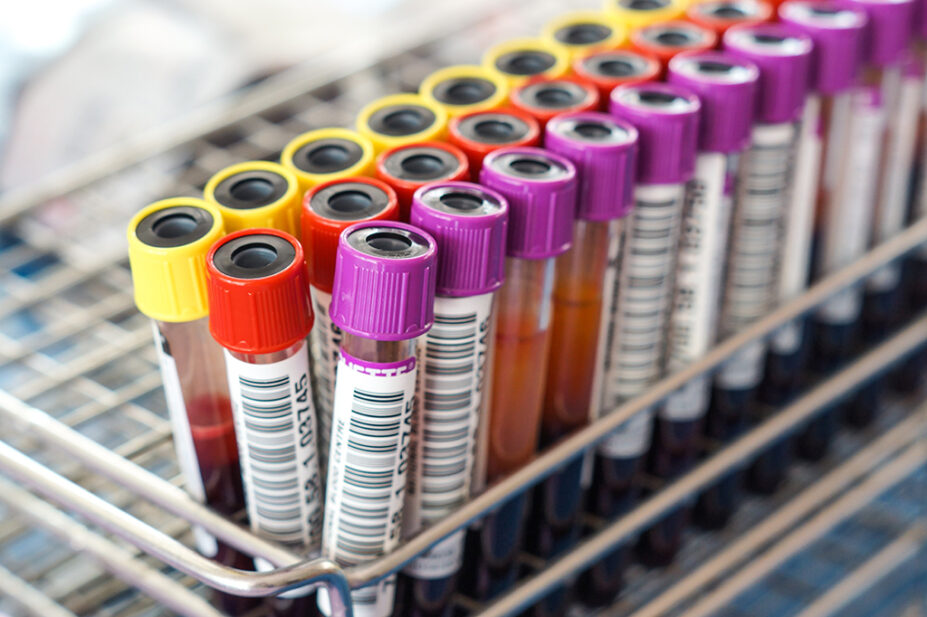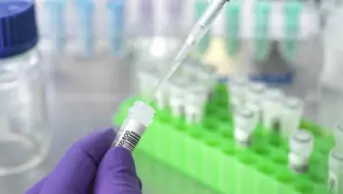
Shutterstock.com
The UK medicines regulator has said it will be the first in the world to operate its own genetic ‘biobank’, designed to better understand how genetic makeup influences the safety of medicines.
The Medicines and Healthcare products Regulatory Agency (MHRA) announced on 25 May 2023 that it is working with Genomics England to pilot its own genetic Yellow Card biobank, which will store genetic data and samples from patients who have experienced adverse side effects from medicines. It will operate alongside the MHRA’s existing Yellow Card scheme, which allows people to report suspected side effects and adverse incidents involving medicines and medical devices.
The repository of genetic information in the biobank will be used to determine whether a side effect from a medicine was caused by a specific genetic trait. This will in turn enable prescriptions to be targeted using rapid screening tests.
June Raine, chief executive of the MHRA, said: “Almost a third of adverse reactions to medicines could be prevented with the introduction of genetic testing.
“The biobank will help us move towards our goal of personalised medicine — which, when achieved, means patients across the UK will receive the safest medicine for them, based on their genetic makeup.
“This has the potential to transform our safety monitoring activities — enabling us to meet a real need by using high-quality patient data to reduce side effects of medicines.”
According to the MHRA, 1 in 16 hospital admissions are the result of adverse drug reactions, or side effects, and are a major burden on the NHS.
The pilot study will launch on 1 June 2023, with recruitment due to begin on 1 September 2023. Sequencing of participants’ genetic material will start in spring 2024, with research findings from the pilot expected to be published in 2025.
Genomics England will be supporting the MHRA with the sequencing and storage of genetic material.
The pilot phase will focus on the medicine allopurinol and related rare, severe skin reactions, such as Stevens-Johnson syndrome and toxic epidermal necrolysis. Further topics will be decided on in the future.
Blood samples will be taken from patients who are visited at home by a nurse and then added to the biobank and sequenced.
Their data will be added to a secure research environment led and managed by Genomics England.
Commenting on the announcement, Jennifer Allen, genomics lead at the Royal Pharmaceutical Society, said: “Linking the existing Yellow Card system with genetic information stored in the biobank will allow pharmacists to work closely with other healthcare professionals to ensure that patients receive personalised medications, which are specifically tailored to their genetic data. This will reduce the risk of adverse drug reactions, which can have such an impact on the individual and the healthcare system and is an important move towards preventing such medication incidents.
“Pharmacists are already contributing to and leading in many areas of pharmacogenomics, and the Yellow Card biobank supports and builds upon this existing work.”


